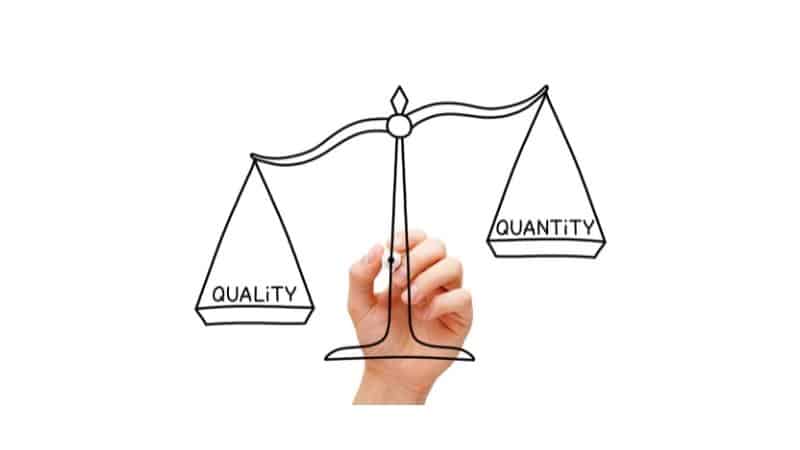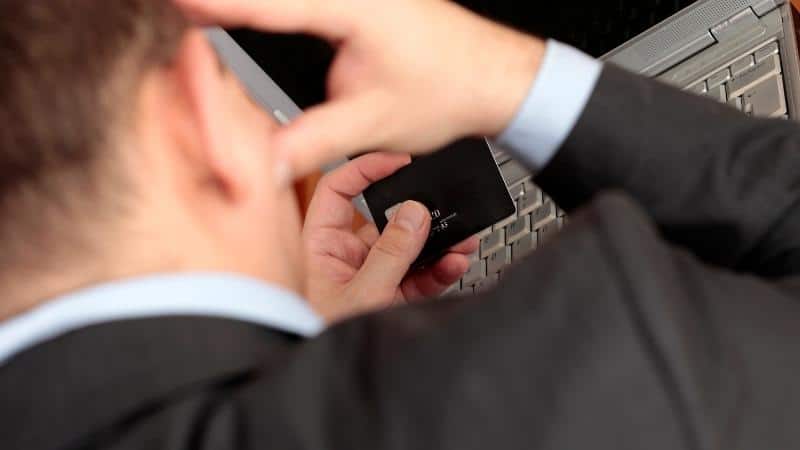You should interview just a few various personal injury lawyers while deciding who to choose. Do not ever be dismayed if your claim is turned down or refused by the first lawyer. Since you are analyzing the lawyer, he or she is analyzing the possibilities of your personal injury lawsuit, but also their fees and abilities to effectively defend you. There could be other factors involved that are not connected to your accident or injury. A lawyer has all the right to drop your lawsuit. Some victims might not ever fully understand why their claims were dismissed by a lawyer, even decades after an occurrence. There could be a combination of these things at work.
When can a personal injury lawyer drop your case?
If you are considering a personal injury claim, learn about the elements that matter to lawyers and examine your case from the perspective of those who have the expertise of accepting or refusing to serve you. Let’s go through some of the reasons why a lawyer can drop your case.
Credibility
You and your lawyer will be in a poor position if you mislead or alter your narrative about what occurred at the time of the accident. When it comes to gaining damages for clients, lawyers must bargain successfully on their side. If the tale changes, the lawyer appears inexperienced, this is obviously not the case. Furthermore, lying in court is a complete no-no. When a client is put under oath, they must ask the court and jury the whole truth. If the claimant chooses to deceive on the stand, they might suffer legal repercussions.

Prioritizing quality over quantity
Other factors may influence a lawyer’s decision to decline a matter after the initial meeting. Following is a list of the most common reasons a lawyer could decline a case after a thorough review:
- Charges will be dropped if the statute has been reached, regardless of how compelling the evidence is.
- The lawyer believes they lack the necessary experience to adequately prosecute the case: This is a noble refusal, and the lawyer might direct the client to a friend or colleague who has better experience with the type of issue at hand. This is an example of a “recommendation,” which is a polite and customary practice in the legal sector.
- The lawyer recognizes that the matter will not be tried, sometimes known as “you do not have a lawsuit”: No matter how terribly the client believes they were wounded (and the lawyer might agree! ), not every injustice can become the basis for a claim. There are state restrictions that might simply prohibit the lawyer from attempting that type of scenario. Malicious prosecution trials are notoriously complicated, and they can occasionally be tried after the plaintiff has died.
The cost of the lawsuit
Although most personal injury lawsuits are handled on a contingency fee arrangement, the lawyer might devote a massive amount of time to a claim with no promise that he or she will be compensated. The lawyer will only be compensated for his or her time if the judgment is collected.
A lawyer working on a contingency fee might be able to cover part of the costs involved with the litigation. If the matter proceeds to trial, the lawyer may be responsible for paying for court proceedings, copying papers for discovery, copying records that could be used as proof, preparing exhibits, paying health experts, and other specialists capable of providing valuable details about the incident.
If these costs are too high, the lawyer might not be able to take on the case and might decide to turn it down. A lawyer, on the other hand, might accept cases that he or she believes can compensate for expenses and risks that the lawyer would face.
Interest conflicts
Lawyers who handle potential conflicts of interest must follow a set of severe ethical requirements. They potentially lose their license to practice law if they break these rules. If a lawyer has previously handled the accused, he or she might reject a client. He or she might notice a problem and choose to dismiss the argument if they are morally or academically at odds.

Your case has a unique problem
If a case is brought to a complicated and unusual subject, the lawyer might not believe he or she has the required experience to understand the case correctly. While investigation might aid in the lawyer’s ability to address the legal situation, it may necessitate still further time commitment.
Similarly, if the lawyer has never had experience with the sort of personal injury case in question, he or she might decline to take it on. In the same way, whether the court considers governmental privilege, federal judge jurisdiction, or other jurisdiction issues, the lawyer might seek to avoid the problems that those same circumstances can bring.
Poor rapport with the client
A personal injury lawyer might not believe he or she has a great rapport with a specific customer in some cases. If the lawyer believes the client does not respect and trust him or her, he or she might decide not to take the matter rather than risk future client problems.
Accountability is difficult to establish.
The issue of accountability is the first thing a potential lawyer will check at in any matter. Somebody else is not constitutionally compelled to pay for someone else’s damages just because they were caused by something else. There would be no healing if the sufferer is to blame for his or her own damages. A lawyer assesses a case and analyzes who might be responsible for the accident. The complaint will be dismissed if another party is not legally accountable for the accident.
The limitation period on this case has run out
When the applicable case was dismissed, a personal injury lawyer might refuse a client for a variety of reasons. So if the client has a strong case, the statute of limitations has run out and the client is no longer able to pursue it.
Damages are insufficient
The sum of funds that can be granted in a personal injury case is determined by the defendant’s (damaged person’s) losses. Property destruction, health fees, lost time at work, decreased earning ability, mental distress, and suffering and pain are all possible damages.
A lawyer should be able to consider investing the time and effort required to deal with the matter. Since personal injury lawsuits are typically handled on a contingency fee arrangement, this is very significant. This signifies that the lawyer will get a portion of the entire settlement or verdict. If this figure is projected to be low, a considerable amount of time spent on the matter might not be justified.

The plaintiff’s limited finances
A personal injury lawyer might also drop a lawsuit if he or she considers the plaintiff (the individual who will be sued) lacks the financial means to pay the claims. In the vast majority of personal injury situations, insurance coverage is willing to assist in the payment of the victim’s losses. Nevertheless, in some cases, insurance coverage might be refused, or a third party’s insurance coverage might be insufficient.
One cause a lawsuit might be dismissed is that there isn’t always enough money, particularly if you are entitled to compensation. In that instance, the plaintiff’s assets will have to be used to recover on the final settlement or judgment. The lawyer might not be paid his or her agreed-upon charges if the client is economically unwilling to pay for the losses for which he or she is accountable. Similarly, if the lawyer considers that paying the judgment will be challenging for a range of reasons, including the plaintiff’s assets being held in legally distinct entities or companies, he or she might be hesitant to take up the case.
Requires far too much time
A personal injury attorney must determine how long a case will take. If the lawsuit is projected to take a lot of time, the lawyer might not see the money invested in it for a long period. it is possible that he won’t be able to take this danger. Furthermore, if the case takes much longer, the lawyer might not be able to reap the benefits of other opportunities.
Other lawyers turned down the client
A client who has been turned down by other lawyers might raise warning signals that a new lawyer should avoid. If the client has dismissed a number of lawyers, the new lawyer might believe the client has a problem with lawyers. If other lawyers have turned down the client, it is possible that they saw a flaw in the argument and decided not to serve the client.
If you are anxious thinking if your personal injury lawyer can drop your case or not and if dropped then what might be the reasons, the above writing is for you! It can fruitfully help you in figuring out the entire matter.
Related Article: Is It Worth It To Hire a Personal Injury Lawyer.
